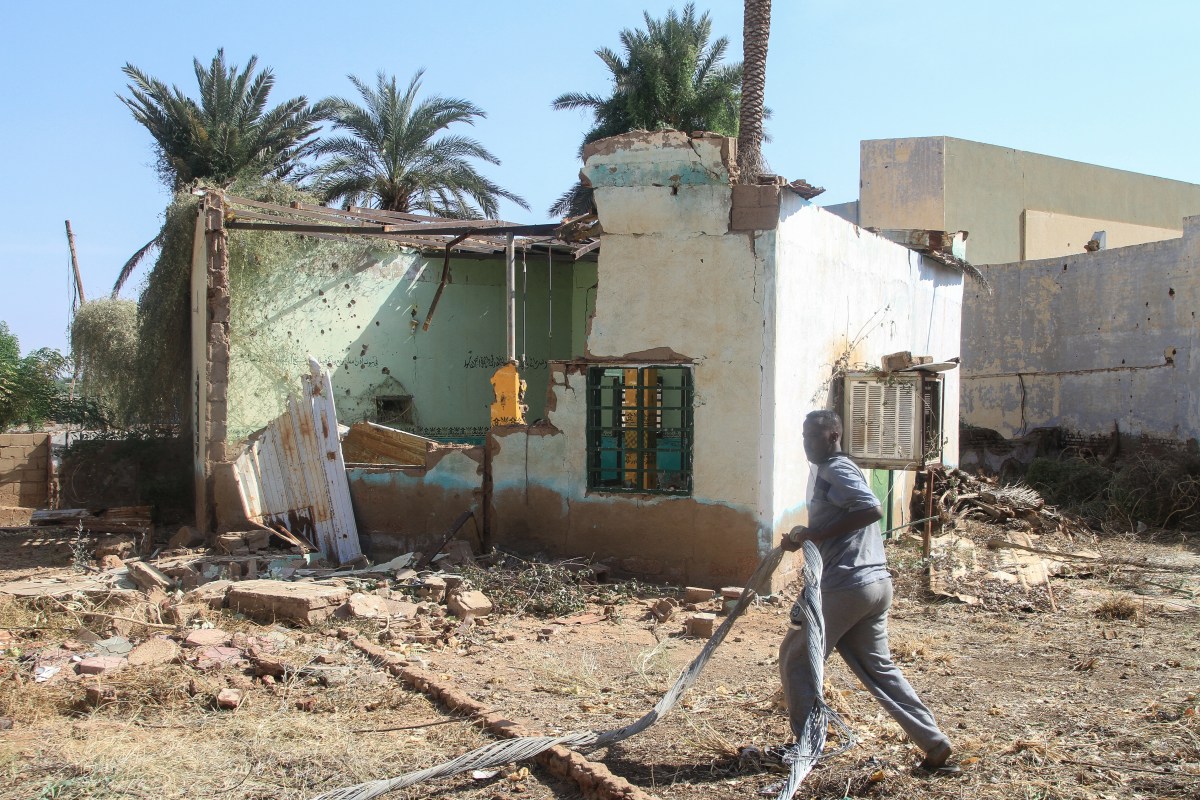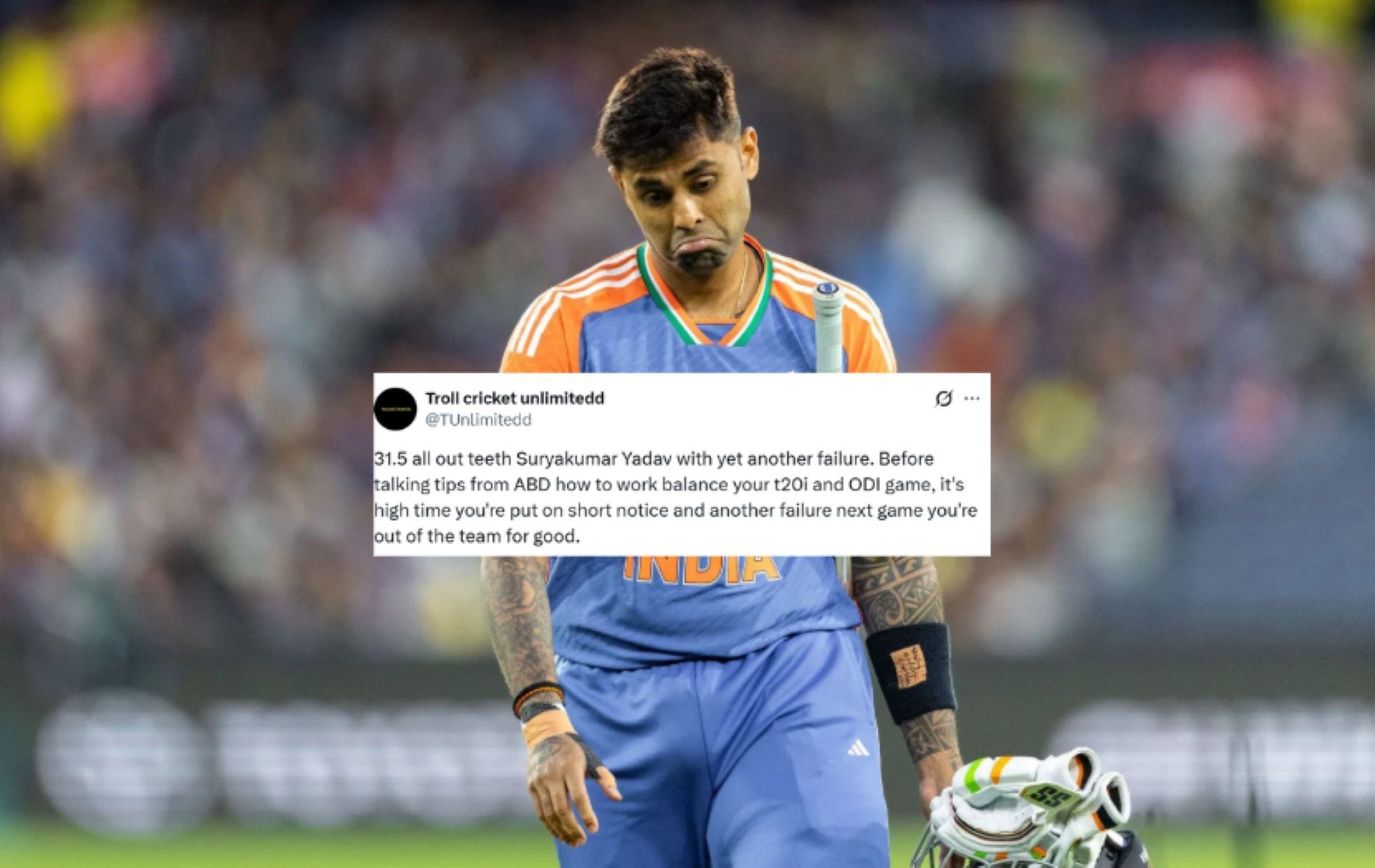The war in Sudan is one of the great humanitarian catastrophes of our time, yet it rarely receives the accuracy it deserves. For many, the conflict feels abstract, if they know anything about it at all. Sudan has endured repeated cycles of political collapse and violence since the 1950s, including two civil wars, multiple internal conflicts and an ongoing war between rival military factions. This crisis did not appear out of nowhere, nor was it triggered by a single outside actor. It is the result of decades of fractured institutions, violent armed groups and a state that has consistently struggled to build lasting national cohesion. The scale of human suffering is staggering: families with nowhere safe to go, cities emptied and generations robbed of stability. When discussing external involvement, including the role of the United Arab Emirates (UAE), we owe it to the Sudanese to be precise, not performative. We owe them accuracy, not convenient narratives. Yet public conversation around the UAE’s activities has hardened into a social media-driven assault: the UAE as destabilizer or hidden hand steering Sudan’s collapse. Most accusations stem from political rivalries and hidden agendas. That is not surprising in international affairs, but these claims flatten a complex, painful reality into a slogan. If we genuinely care about the people suffering on the ground, that is unacceptable. The UAE’s role, open to debate like any country’s, is shaped by three broad motivations rooted in Sudan’s reality. Start with the humanitarian dimension. Whether critics like it or not, the UAE has provided substantial support: food, medical supplies, emergency relief and logistics. In many areas, external aid has been the only thing standing between families and starvation. Dismissing the UAE’s impact ignores real human suffering. Next is diplomacy. In a conflict dominated by multiple armed groups and shifting alliances, engaging complex or unsavory actors is not endorsement; it is a necessity. If you want leverage that might eventually push parties toward a potential solution, you cannot limit yourself to only the most agreeable interlocutors. Real diplomacy in real wars is rarely, if ever, clean. Equally important is regional stability. Sudan’s collapse threatens migration routes, maritime security and the economic arteries of the Red Sea. It is not “self-serving” for the UAE, or any state, to seek stability in a region that directly affects its own security and economy. Stability is not an abstraction; it is critical for every successful nation. Sudan also has a long history of foreign interference, so skepticism toward outside actors is understandable. Many fear that engagement could shape Sudan’s future in ways the Sudanese did not choose. Those concerns deserve discussion, especially if genuine alternatives exist. But for now, that remains a very big “if.” Much of the criticism of the UAE goes far beyond caution and reflects manipulation, oversimplification and wishful thinking. It assumes motives that are unproven, ignores Sudan’s long-standing internal fractures and trades complexity for narrative convenience. This brings me to a truth most people avoid saying out loud. Before the UAE became involved, Sudan had already collapsed, multiple times. The country has endured civil wars, coups, economic breakdowns and revolutions. Its institutions were hollowed out long before any recent foreign role. Blaming the UAE for “causing” Sudan’s unraveling ignores decades of internal governance failures, competing militarized elites and the near-total absence of a functioning state. Sudan’s tragedy is primarily Sudanese in origin, even if outsiders have played supporting roles. Here is another hard reality: No war-torn state, especially one with Sudan’s history, recovers without responsible, significant external support-financial, humanitarian and diplomatic. Countries do not rebuild themselves in isolation. They need partners. And yes, those partners, whether the UAE or anyone else, will always have interests alongside their intentions to help. That is not scandalous or wrong; it is how international relations work and why nations spend resources to assist others. Whether anyone likes it or not, that is how the real world functions. And honestly, which nation’s actions in conflict are ever beyond critique? None. The tragedy in Sudan today is immense. A country with enormous promise is fighting to survive. Reducing this catastrophe to the actions of a single external actor is not analysis; it is avoidance, distortion and political gamesmanship. It distracts from the failures, complexities and difficult choices that must be confronted if Sudan is ever to rebuild. My bottom line is simple: Sudan’s status quo demands nuance, honesty and an understanding rooted in its history. The UAE’s role in the conflict may not be perfect, but no nation’s role in such crises ever is. If we want Sudan to emerge from this nightmare, we need a conversation grounded in facts and humility, not the comforting simplicity of false blame and easy, uninformed accusations. Jason D. Greenblatt was the White House Middle East envoy in the first Trump administration. He is the author of In the Path of Abraham: How Donald Trump Made Peace in the Middle East and founder of Abraham Venture LLC. The views expressed in this article are the writer’s own.
https://www.newsweek.com/former-white-house-middle-east-envoy-what-we-keep-getting-wrong-about-the-uae-and-sudan-opinion-11100273
Former White House Middle East Envoy: What We Keep Getting Wrong About the UAE and Sudan | Opinion


